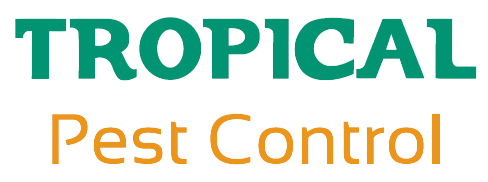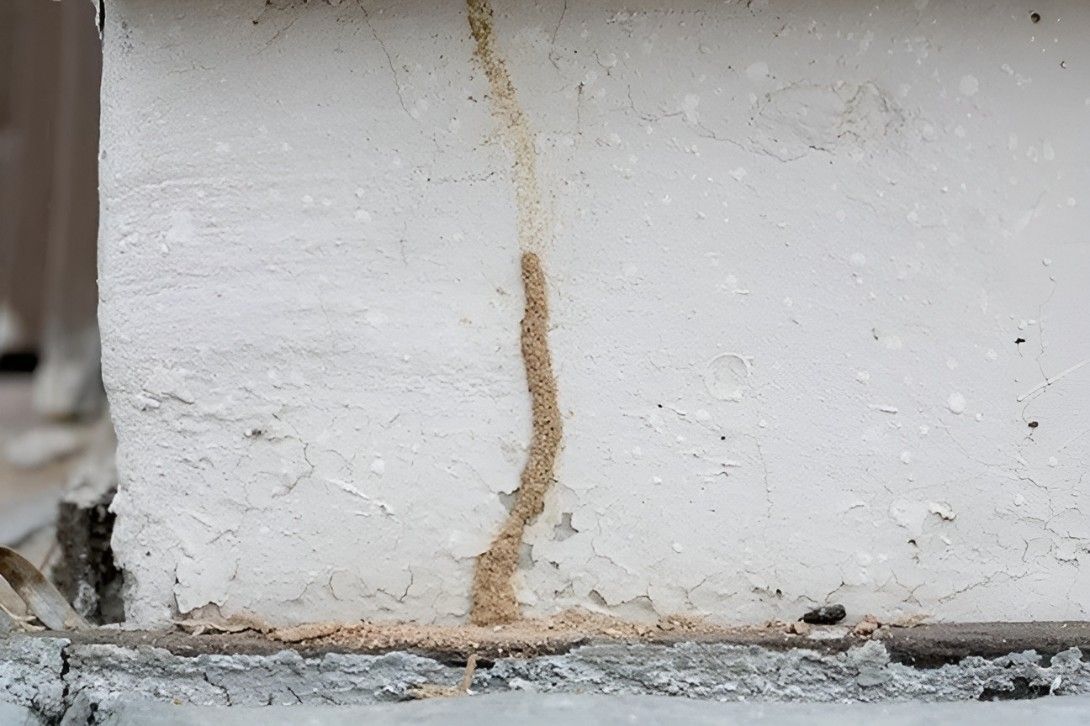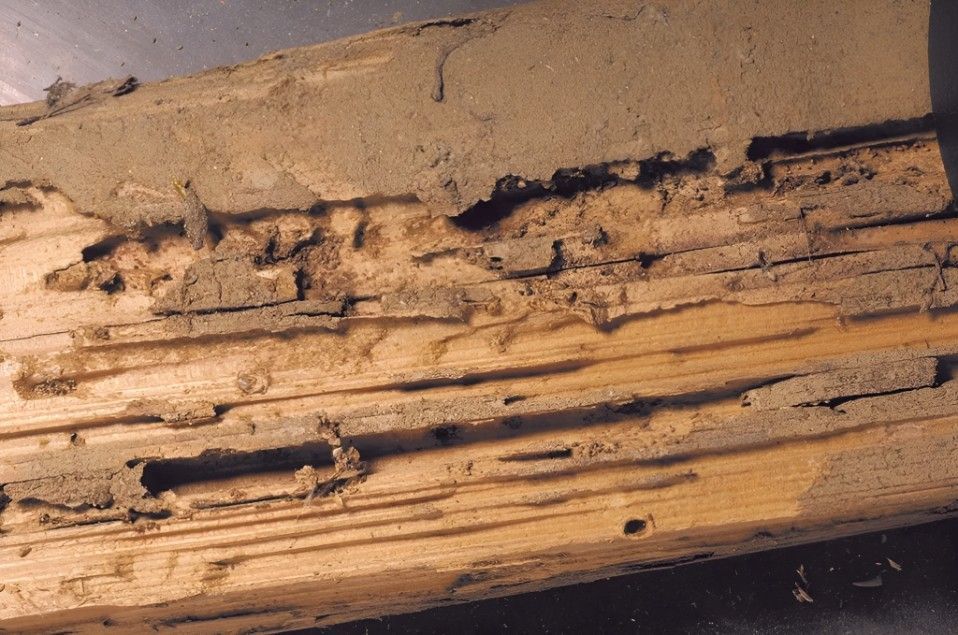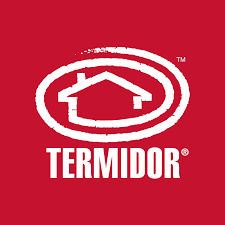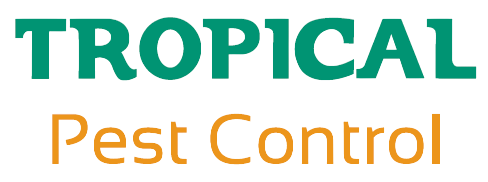Termite Inspections Mackay
- Locally owned & operated since 1982
- Written & photographic pest inspection reports
- Fully licensed & compliant with Australian Standards
Mackay Termite Inspections
Out of sight doesn’t always mean out of mind, especially when it comes to termites. A termite inspection specialist will perform a thorough examination of your home and surrounding areas for any evidence of termites or items that will attract termites to your home. Areas include, but are not limited to, interior, exterior, roof void, subfloors, gardens, fences, and sheds. We use state-of-the-art equipment such as moisture meters and termite detection devices to help scientifically asses your home for any termite activity. This is particularly important so as to not create unnecessary damage to your home as termites can be detected without breaking through the timbers.
- Termite detection devices find hidden activity
- Compliant with Australian Standards
- Clear reports with photo evidence
When the inspection is done, we will send a complete report with pictures detailing the areas of interest as well as recommendations to protect your home. We may recommend further actions to help protect your home—please refer to
termite protection plans for more information regarding these. Call
07 4942 2700 to book termite inspections with Tropical Pest Control, servicing Mackay and its surrounding areas.
Advanced Technology for Accurate Detection
The Termatrac T3i All Sensor incorporates 3 technologies in one hand-held device that is non-invasive and easy to use. The 3 sensors, radar, moisture and thermal have been designed to help operators to locate, confirm and track presence and the extent of termite and other pest activity. With all 3 sensors in one hand-held device, we can confirm movement and extent of activity with the radar sensor, detect moisture differentials, and thermal abnormalities. All sensors are simple and easy to use with pinpoint accuracy.
- Tracks termite movement with radar
- Detects moisture & thermal differences
- Non-invasive & accurate results
Using this technology means we don’t need to drill or damage your property to find what’s hidden. Our inspections are fast, precise, and backed by reliable data.
Frequently Asked Questions
Is termite damage covered by home or contents insurance?
No. Just about every insurance company excludes termites from their home and contents policies. The risk of termite damage is so high, insurance companies refuse to cover them.
I had termite mesh installed to the house when it was built – should I still get an inspection?
Yes, definitely yes!
When a house is built, they are now required to have some sort of termite management system installed. These are usually a physical system such as Termimesh, Kordon, and/or Term Seal. While these are all great products, they are used to stop termites entering the house undetected.
Gardens, personal goods, and other items stored against a wall all block visual access to the outside of the house, and termites can enter over the slab.
More often than not, we see termites entering a house through the weep holes or up posts in the subfloor because these areas don’t get visited that often, or the person living there doesn’t know what to look for.
In short, if ants can get into the house, so can termites.
I have a steel framed home, so I can’t get termites, can I?
Thankfully, there is some partial truth to this one, as there are no termites that will eat steel. However, we often forget that floorboards, window frames, kitchens, and door frames are all made of wood and, therefore, susceptible to termite attack.
Having a steel framed home lowers your termite footprint, but it doesn’t entirely eliminate it.
Termites can’t eat hardwood, can they?
Some termites can eat both softwood and hardwood!
The most common type of termite that you see eat hardwood is the Nasutitermes genus of termite. In fact, they have actually been known to move along sections of softwood beams so they can get to the hardwood.
If I have ants all around my house, can I still get termites?
Another misconception is that if you have black ants around your property, you won’t have termites, as they kill them.
Short answer is yes, black ants kill termites if they are above ground and easily available. However, termites are rarely sitting exposed above the ground as they are subterranean creatures. Their mud trails quite easily keep them safe from ants.
So yes, you can have both ants and termites in your house.
I have termites in the yard, am I ok to ignore them?
It is not uncommon for homes to have old tree stumps, disused railway sleepers and other old timbers laying on the ground in the yard. There is an idea that if termites are in these timbers, it will keep termites away from the home.
One important thing to remember here is within a termite nest (which is always close by to where they are feeding) there can be anywhere between 2,000 – 5,000 new eggs laid every single day – that’s a lot of mouths to feed!
Termites are constantly travelling looking for other food sources to feed these mouths and unfortunately a home is usually close by.
